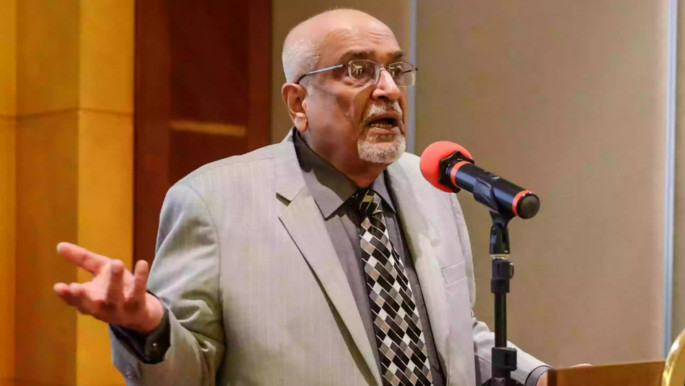As reform efforts appear to stall, concerns are mounting over whether Bangladesh’s interim government has strayed from its original path, said Dr. Debapriya Bhattacharya, Distinguished Fellow at the Centre for Policy Dialogue (CPD).
Speaking at the launch of ‘Reform Watch’, an initiative by the Citizen’s Platform for SDGs, Bangladesh Dr. Bhattacharya said: “The initial wave of reform optimism following the interim government’s assumption of power has largely disappeared. Now, a pressing question is surfacing across the country: has the interim government lost its direction?”
Dr. Bhattacharya criticised the government’s approach, stating, “Technical solutions alone cannot deliver meaningful reforms. We need practical, inclusive approaches — and that’s where the current administration is falling short.”
He noted that although several reform proposals had surfaced early on, they have since stalled without meaningful implementation. “The reform wave has weakened,” he said. “We’re in the midst of a national storm. The real challenge is to keep alive the spirit of the July movement and the broader desire for change.”
Reform Without Representation
Dr. Bhattacharya also expressed concern over the exclusion of marginalized groups from the reform process. “The reform committees that have been formed so far largely leave out minorities, disadvantaged populations, and voices from the margins,” he said. “This undermines the legitimacy and effectiveness of any reform effort.”
He emphasized that for reforms to take root, they must be backed by citizen accountability. “It’s not enough to have technically sound proposals. There must be public demand and civic pressure to see them through,” he said.
Echoes of 1991
Dr. Mustafizur Rahman, also a CPD Distinguished Fellow and core member of the Citizen’s Platform, drew parallels with Bangladesh’s first interim government in 1991. “Back then, 29 task forces were formed with various reform agendas. But most of those recommendations were never implemented,” he said.
Highlighting the setbacks that followed and the recent public unrest, he stressed the importance of keeping the conversation on reforms alive. “We need continuous dialogue and monitoring, with participation from all sectors of society,” he said.
Resistance from Within
Professor Selim Raihan, Executive Director of the South Asian Network on Economic Modeling (SANEM), warned of entrenched anti-reform forces both inside the government and in broader society. “The momentum for reform collapsed after December 2024,” he said. “Those resisting change have gained influence, making meaningful reform highly unlikely at this point.”
Raihan added that the failure to implement reform measures has raised serious questions about the capacity of the state and the current administration. He also questioned the sincerity of political parties, asking, “Have they truly changed? Or are they just adopting the language of reform without commitment?”
He expressed hope that Bangladesh Reform Watch would serve as a pressure mechanism to hold political parties accountable, especially in the lead-up to elections.
A People-Centered Manifesto
In his opening remarks, Towfiqul Islam Khan, Additional Research Director at CPD, said the Citizen’s Platform aims to draft a people-oriented manifesto, rooted in direct public input. “Our objective is to align political party manifestos with the real expectations of the citizens,” he said.

